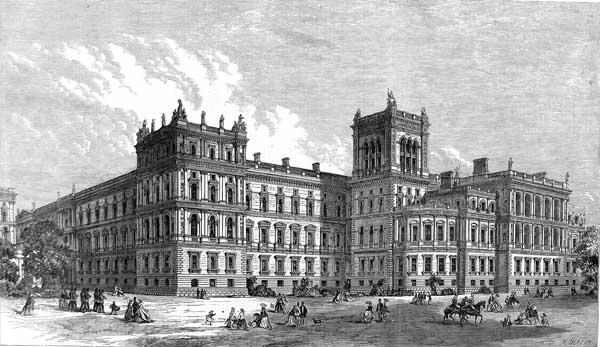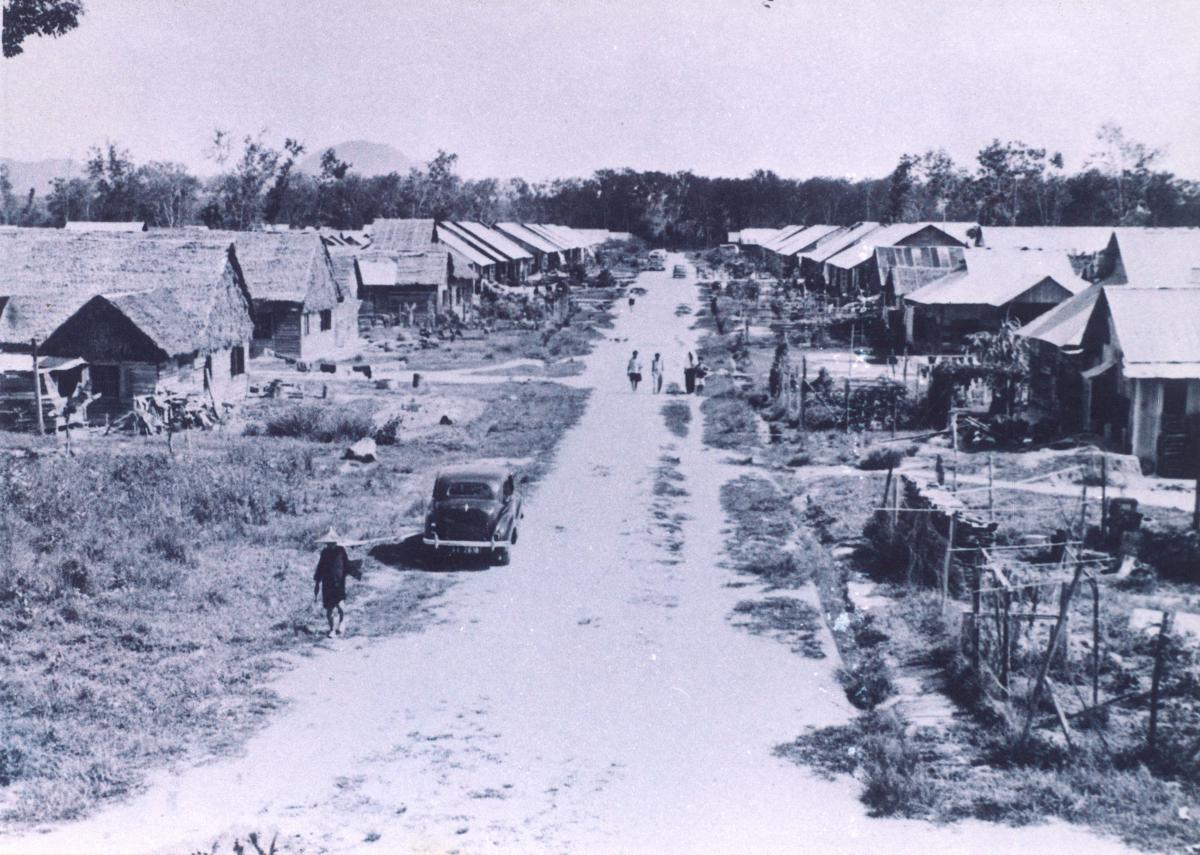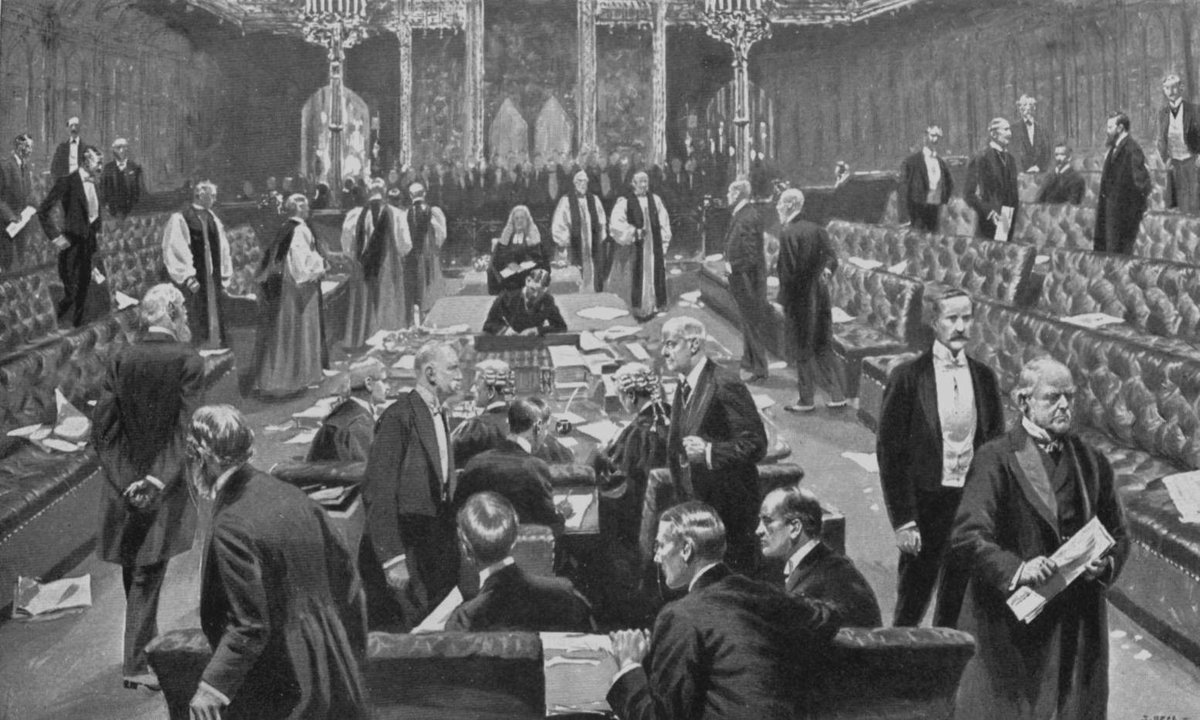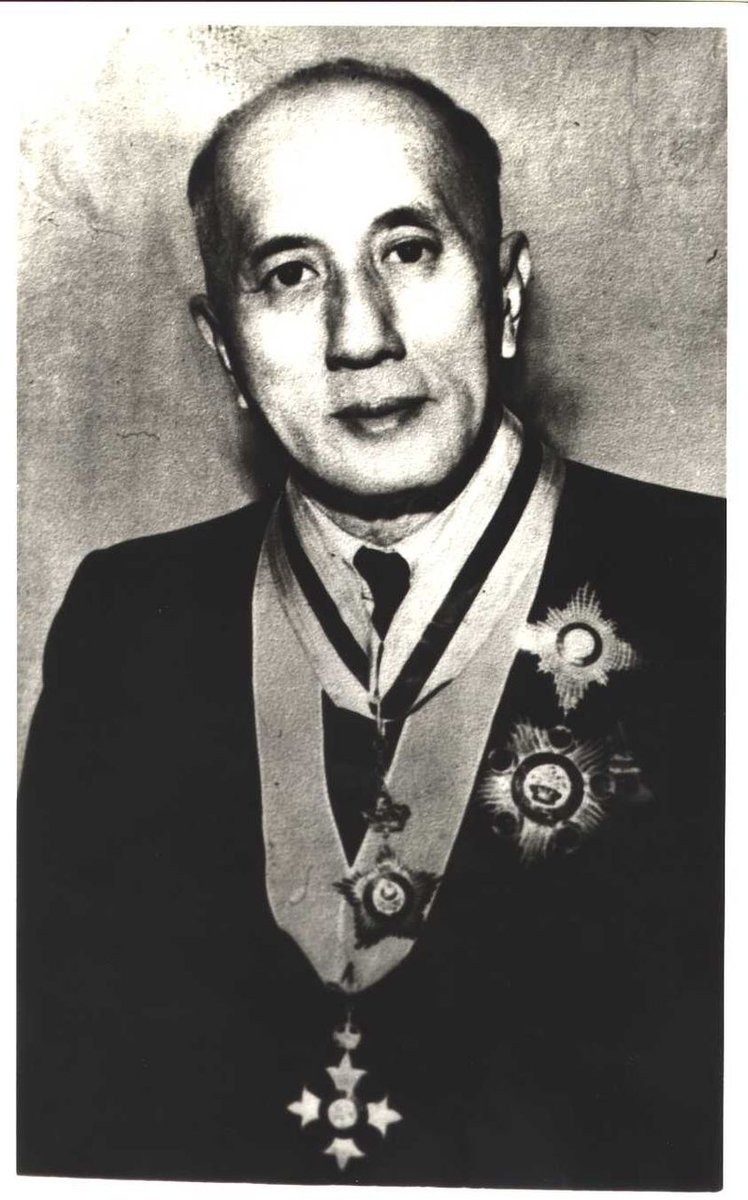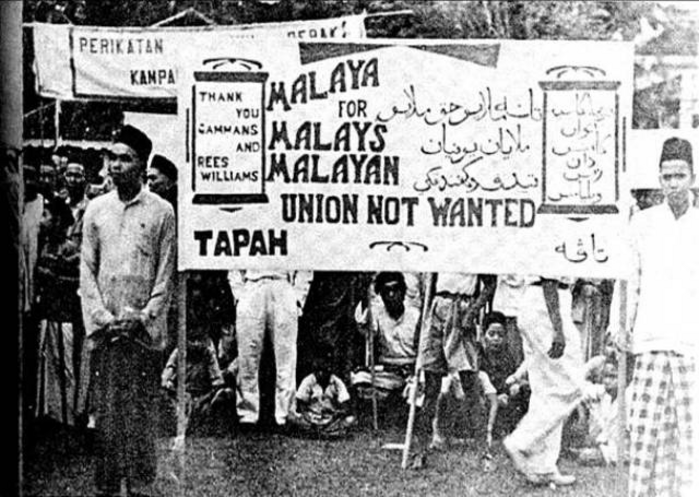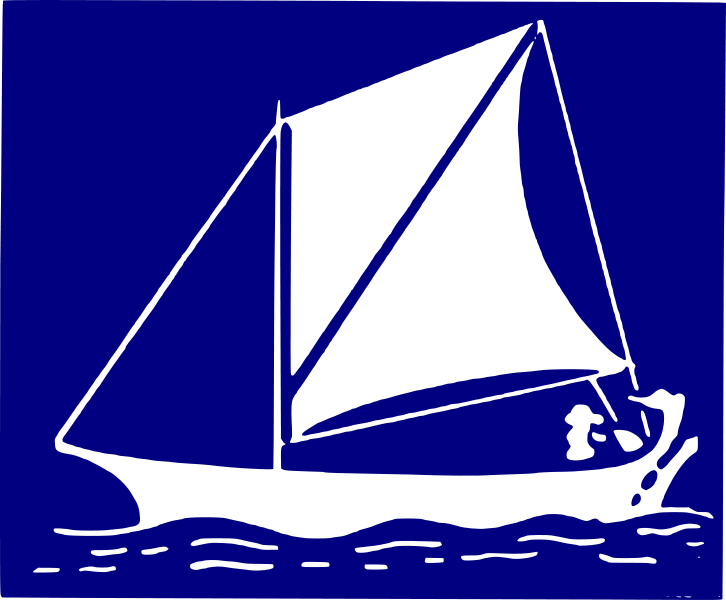Despite the 1950s being the decade Malaya achieved independence, the British position in Malaya was arguably the best it had in decades. With the anti-imperial organisations dismantled, the agenda for the British was to maintain a British-friendly post-colonial state. (1/11) ~AAA
Yet the 1950s also saw an increasing attempt at constructing a ‘united nation’ to mitigate the worst of the negative stereotypes of the Chinese in the 1940s. A major part of this was constructing the ‘Chinese moderate’. (2/11) ~AAA
Such an image however, had the effect of muting the Chinese marginalised voices. The image of the Chinese ‘business culture’ thus rose in the context of the construction of the Chinese that contrasted the image of the ‘Chinese terrorist’. (3/11) ~AAA
In 1951, the MCRA reported that it was ‘obvious’ the MCA had little to do with the ‘rank-and-file Chinese’ as they were mostly comprised of employers. Consequently however, what was characterised as ‘Chinese moderates’ were mostly ‘businessmen’ and ‘employers’.(4/11)~AAA
The British showed disapproval that the MCA thought ‘it was not MCA’s job to fight Communism’. The choice given was between neutrality that opened accusations to being communists or go into battle to prove themselves loyal to the state. (5/11)~AAA
The British were still lukewarm on the Chinese community. As late as the 1954, Lord Jeffreys in a sitting of the House of Lords had described ‘the Chinese’ as making up 98% of the ‘terrorists’ and were as foreign to Malaysia as the British themselves. (6/11)~AAA
The MCA was often expected by the British and the Malay elite to keep the Chinese population in line especially regarding Communism. The MCA often took this responsibility to prove that the Chinese population were able to conform to the status quo. (7/11)~AAA
An article written by an MCA chairman of the publicity subcommittee for example, portrays the alliance between UMNO, MIC and MCA is presented as the ‘maximum agreement possible’ despite dissatisfaction on the question of citizenship. (8/11)~AAA
The article itself reiterates many of the concepts and sentiments often prevalent in British discourse in defence of the status quo. (9/11)~AAA
The article defends the ‘special position of the Malays’ in order to protect them from ‘other’ communities within the colonial state as well as defend the status of Malay and English as the official language of the country. (10/11) ~AAA
This positioning was peculiar to a correspondent of the Manchester Guardian. Yet British weaponization of discourse to deal with those events show a clear path towards this predicament. Under such conditions, conformity was a necessity to partake in the British state. (11/11)~AAA

 Read on Twitter
Read on Twitter
